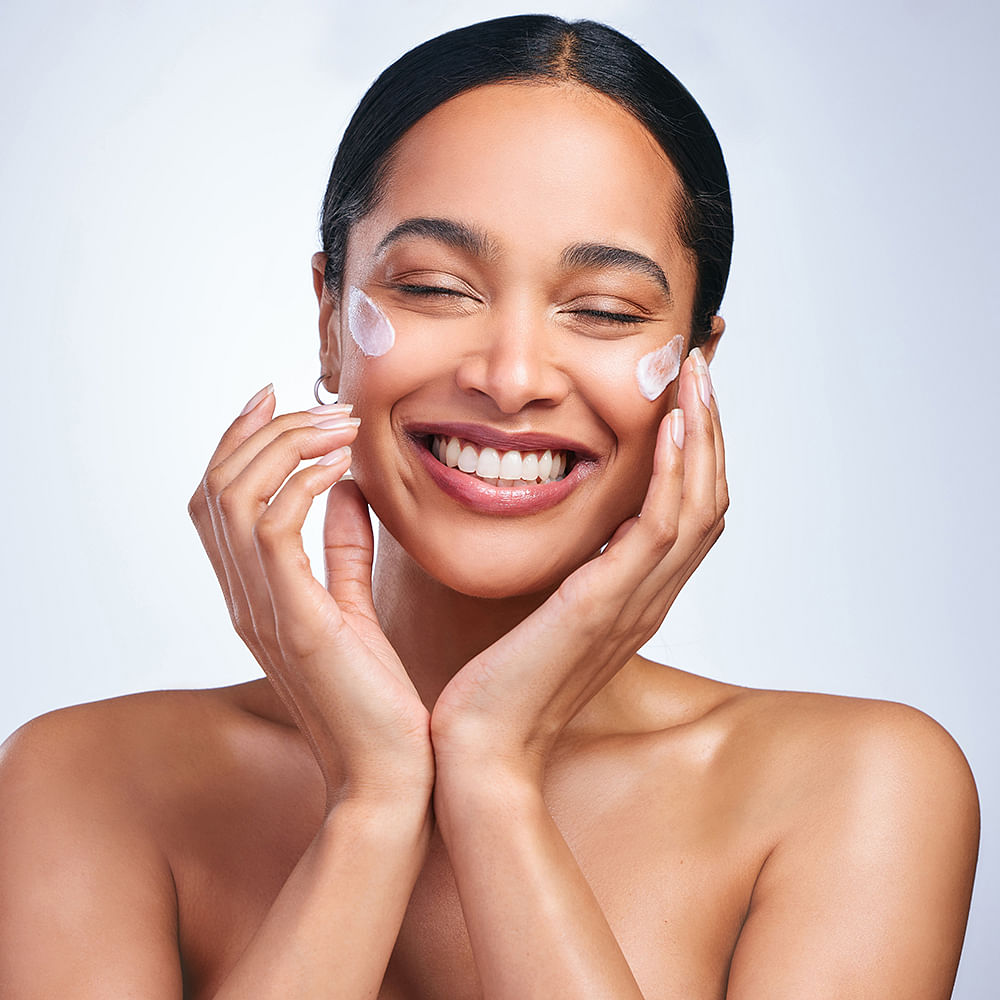When it comes to sun protection, having oily skin creates special difficulties. Of course, we all know by now that it is impossible to venture out directly under the sun without first applying some protection on our skin whereby some can be very pole when choosing the right type of sunscreen that they use fearing that it may result in more production of oil and hence acne. Choosing the right sunscreen for oily skin is very important for the overall skincare activity and complexion in general.
Knowledge of Sun Protection for Oily Skin
Sebaceous glands start secreting excessive sebum, which shines the skin and perhaps leading to formation of acne if oily skin is present. On the contrary, this does not mean that you should stop using sunscreen. All skin types should wear sunscreen because UV rays cause skin aging, and darkening, and increase skin cancer risks. The best news is, there will always be a sunscreen that will help fix the complexion and provide enough protection.
The Scientific Basis of Oily Skin Sunscreen
Oily skin must be shielded sufficiently from UVA and UVB without the skin feeling greasy because of the right sunscreen used. To be protected from 97% of UVB rays look for broad–spectrum protection with an SPF of 30 or greater. Equally as valuable as the protective layer is the treatment for oily skin types of people out there. Ingredients in the finest sunscreens for oily skin usually assist regulate oil production while still offering essential protection from the sun.
Essential Elements to Consider in Oily Skin Sunscreen
When purchasing sunscreen, texture is an important consideration. When it comes to facial cleansers, people with oily skin require light and non-acnegenic products, most of the time. To ensure that it does not happen, products that are developed are specifically for the non-purifying of the skin. For oily skin, water- or gel-based sunscreens tend to be more effective than thick, creamy ones. They reduce shine all day long by leaving a matte finish and absorbing rapidly.
Recognizing Sunscreen Compositions
There are two general chemical and physical (mineral) sunscreens based on the nature of the active ingredients. In this sense, while physical sunscreens sit on the outer layers of the skin and bounce UV rays, chemical sunscreens penetrate the skin and convert it to heat. Both of them can be appropriate for oily skin, however, the preparation should be thin and delicate. Newer physical sunscreens with micronized particles provide great protection without leaving a thick or white cast, something that many people with oily skin find to be important.
Non-Comedogenic Ingredients Are Important
Of these, the list of ingredients can be useful in deciding which sunscreen is best for the oily skin. The words non-comedogenic, oil-free, and lightweight are ones you should see on the tin of a facial sunscreen lotion. These signs imply that oily skin was considered when creating the product. Besides, good sun protection, zinc oxide, and titanium dioxide can somewhat reduce oil production as well.
Application Advice for Optimal Results
The manner you apply sunscreen has a big impact on how well it works and how it behaves on your oily skin. Even if your skin is greasy, always begin with clean, well-hydrated skin. Use a generous amount and let it absorb for a few minutes before going outside or putting on makeup. Applying sunscreen in small layers is usually preferable to using a single, thick coat, which can feel greasy and heavy, for oily skin.
Techniques for Reapplying Oily Skin
For those with oily skin, reapplying sunscreen throughout the day without causing makeup disruption or adding extra oil is a common issue. Due to their ability to both protect and absorb excess oil, powder sunscreens might be a great option for touch-ups. As an alternative, lightweight spray formulas can be effective for repeated application without making the skin feel heavier.
The Function of Ingredients for Notification
Mattifying chemicals are frequently found in modern sunscreen formulas, which can help regulate oil production throughout the day. These substances function to retain the skin’s protective layer while absorbing extra oil. While shielding your skin from UV rays, look for creams that contain silica, clay, or other oil-absorbing components to help prevent shine.
Seasonal Factors in the Selection of Sunscreen
Even if you have oily skin, your demands for sunscreen may vary with the seasons. A somewhat richer but still sunscreen cream oil free product might be more effective in dry, cooler months, while an ultra-lightweight gel formula might be your preference in hot, humid months. The secret is to keep your sun protection at a sufficient level while modifying the recipe to fit the needs of your skin and the surrounding environment.
Oil-Free Sunblock Cream: The Best Choice
A big improvement in sun protection for people with oily skin is the availability of oil-free sunscreen lotions. These formulas keep the skin feeling light and pleasant while offering superior UV protection. Due to the lack of heavy oils, these products are perfect for everyday use for oily skin because they won’t cause plugged pores or excessive shine.
The science underlying oil-free sunscreens has advanced dramatically, enabling complex formulations that offer further advantages in addition to skin protection. To assist regulate oil production, minimize the visibility of pores, and preserve a matte finish all day, many oil-free sunscreens now include these chemicals. These days, these formulas frequently contain moisturizing elements that prevent breakouts, keeping your skin balanced and protected.
Look for oils-free sunscreens that combine antioxidants, hyaluronic acid, niacinamide, or other healthy components with broad-spectrum protection. While offering essential sun protection, these additions can also assist in improving the general health of your skin. Strong protection against UVA and UVB radiation is provided by the best oil-free formulas, which will feel almost weightless on the skin.
Conclusion:
With consistent application of a suitable oil-free sunscreen, oily skin can get better over time. The inflammation and damage that can lead to increased oil production can be avoided by shielding your skin from UV rays. Your skin becomes more balanced and controllable as a result, and it is shielded from damaging UV rays.
Always remember that consistency is the key to any successful sunscreen regimen. If it is not applied correctly and consistently, even the best oil-free formula will not offer sufficient protection. With a clearer, more balanced complexion and protection from sun damage, your skin will thank you for making sunscreen application a must-do part of your daily skincare routine.

